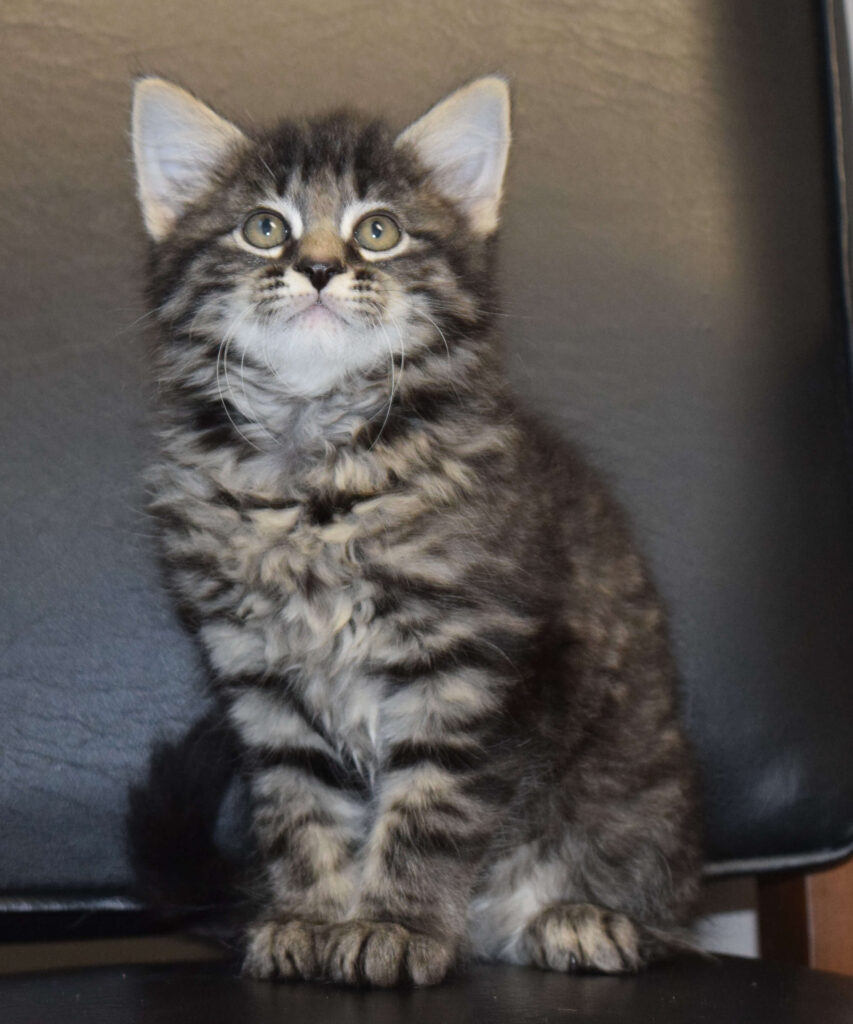 Over the past five years or so, I’ve fostered almost 250 animals for my local animal shelter. Most of my fosters have been kittens; from the “bottle babies” who need to be fed round-the-clock to teenagers who romp, pounce, and cause a lot of chaos.
Over the past five years or so, I’ve fostered almost 250 animals for my local animal shelter. Most of my fosters have been kittens; from the “bottle babies” who need to be fed round-the-clock to teenagers who romp, pounce, and cause a lot of chaos.
Although they’re often a lot of work, caring for them is very rewarding, quite entertaining, and surprisingly educational. Here are some lessons I’ve learned from my kittens that I think we could all benefit from:
1. Communicate your needs.
- If you’re hungry, let someone know.
- If you need some attention, let someone know.
- If you just need some peace and quiet, let someone know.
2. Show appreciation when your needs are met.
My foster kittens love to eat. When I come in with their food in the morning, they dive in. However, when they’re done, they always come over and sit by me (or on me) and purr. I think that’s their way of saying “thanks.” When others help you meet your needs, let them know how much they’ve helped and that you appreciate it. If you need a little help, just read my mini eBook, “Thanks for the Kidney: A Guide to Providing Meaningful Appreciation.”
 3. When your needs have been met, let someone else have a turn.
3. When your needs have been met, let someone else have a turn.
Kittens seem to have a system of trade-off. They play with something, then let someone else have a turn. They eat and then move on to make room for someone else. They groom each other and get groomed in return. Most of us go through our days focused on getting our own needs met. When we get up in the morning, our first thought generally isn’t, “Gee, what can I do for someone else today?” Try setting a goal, even for one day, to find out what those around you need and how you can help.
4. Get enough rest.
When kittens are tired, they just stop and take a nap. Although we’re not always in the position to do so ourselves, most of us need to do a better job of at least getting a good night’s sleep. When we don’t, things generally don’t go well for us– we make mistakes, can’t clearly think through problems, and we don’t communicate well with others. Try getting in your 8 hours– or at least more than you do now!
5. When in doubt, lean back and assess the situation before diving in.
Kittens are pretty clever. When facing an unknown situation, the smart ones don’t cower, but they’re cautious and take a second to breathe, observe, and “think about it,” before jumping in. It’s okay to be cautious, but being overly cautious can cost us opportunities we might not be able to get back. Sometimes you have to assess and then take a leap of faith.
6. When things go wrong, “shake it off” and move on!
Although kittens are generally cautious, they still manage to do some seemingly crazy things as they learn to navigate the world. They fall off ledges that are too narrow, misjudge their ability to cross the toilet seat without falling in, and even run head-first into walls because they’re so intent on catching up with one of their siblings. However, what they don’t do is stop exploring, they “shake it off” and take off running again. We could learn a lesson from that.







